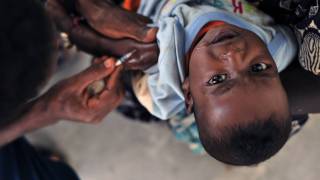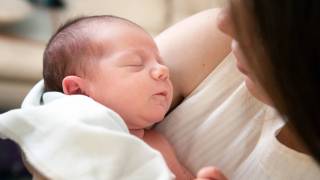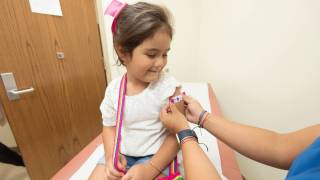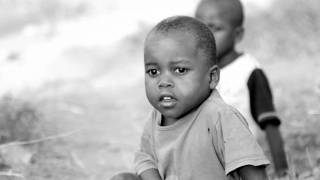Syrian Vaccination Campaign May Reduce Measles in the USA
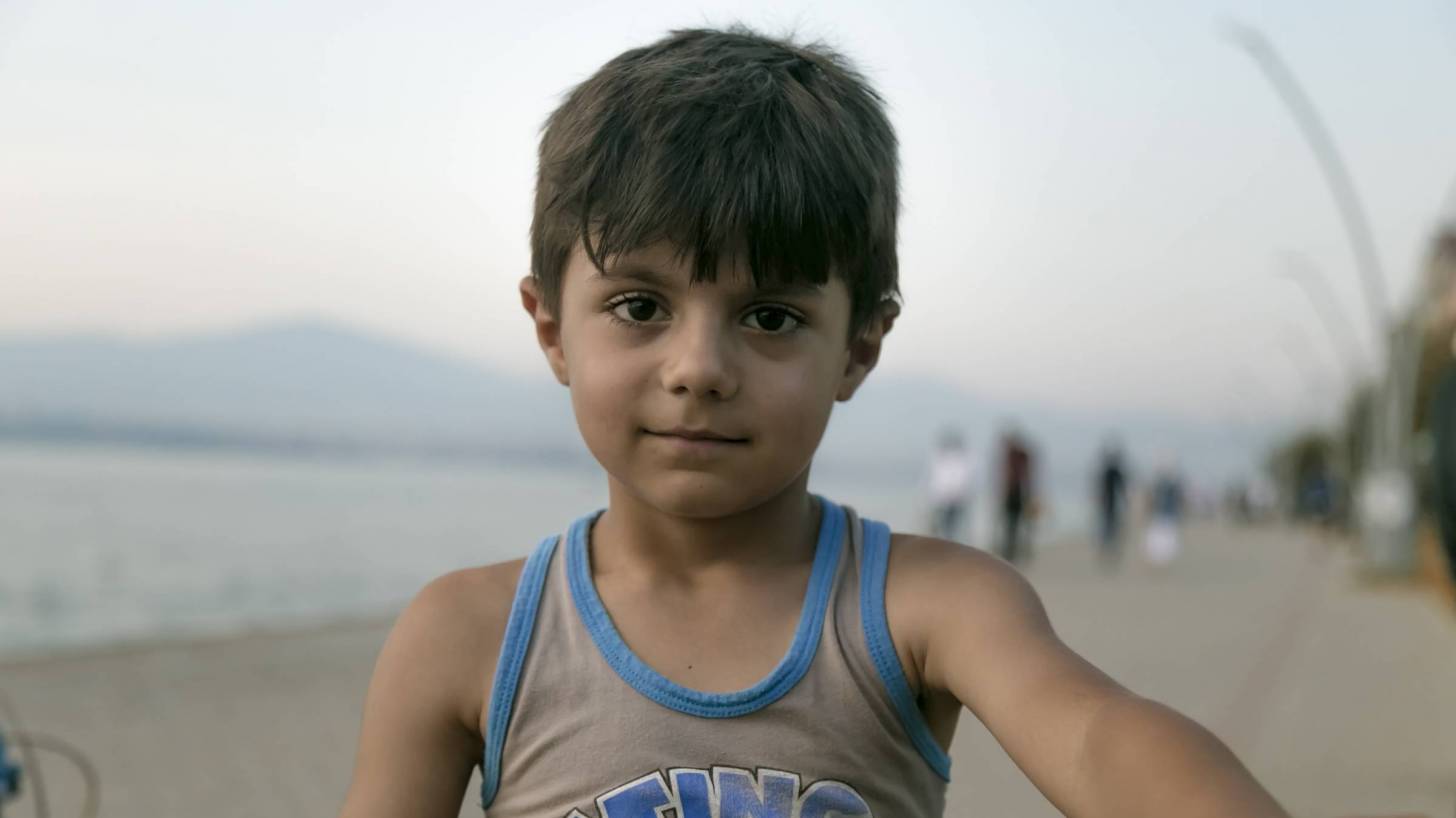
For the millions of people living in conflict zones, often the biggest killer is infectious diseases.
The annual Global Trends study found that 65 million people were forcibly displaced worldwide at the end of 2016.
To address this issue, the World Health Organization (WHO) announced a polio and measles vaccination campaign targeting children in Syria.
The WHO’s “Whole of Syria Approach” aims to ensure populations everywhere, that Syria has access to vital health-care assistance, including vaccinations.
Many areas of Syria have lacked routine vaccination programs since the onset of the 7-year Syria conflict.
“This means the majority of children in these areas, born during this period, are unlikely to have been immunized against many preventable and life-threatening diseases,” said the WHO.
The WHO’s goal is to immunize 764,550 children under the age of 5.
There have been 364 measles cases reported in Syria since January 2018.
During 2017, the WHO declared a polio outbreak in Syria, with the most recently diagnosed case in September 2017. The children are receiving oral polio vaccine (bOPV) as well as vitamin A, which boosts their immunity and ability to resist infectious diseases.
This vaccination campaign will take place in 2 phases and be concentrated in Idleb, Aleppo, Homs, and Hama.
"There have been a number of polio and measles vaccination campaigns throughout Syria aimed at protecting children against the diseases, and ongoing displacement increases the risk of the diseases spreading," said Mostapha Loutfy, MD, an immunization expert with the WHO.
Measles is one of the most infectious diseases known to humankind and an important cause of death and disability among children worldwide. Those unvaccinated against the disease are at risk of severe health complications such as pneumonia, diarrhea, and encephalitis (a dangerous infection of the brain causing inflammation) and blindness.
Measles can be fatal, says the WHO.
During early March 2018, WHO health partners have vaccinated for measles over 24,000 children, aged 5–15. This age group represents over 30% of the 364 measles cases confirmed since January.
This WHO vaccination campaign is important to the USA since most measles cases in the USA are related to international travelers.
The Centers for Disease Control and Prevention (CDC) has updated its Level 1 Travel Alert for measles for various countries.
The 2017 surge in measles cases included outbreaks in 15 of the 53 countries in the European Region, according to the World Health Organization (WHO).
Moreover, since the Transportation Services Authority does not screen passengers for their immunization status, as witnessed by recent measles outbreaks, you are on your own when traveling on international flights.
In the USA, two approved measles vaccines are available, MMR-II and ProQuad.
The CDC Vaccine Price List provides the private sector vaccine prices for general information, and vaccine discounts can be found here.
Most pediatricians and pharmacies offer the MMR vaccine.
Vaccines, like any medicine, can have side effects, says the CDC. You are encouraged to report negative side effects of vaccines to the FDA or CDC.
These WHO vaccination campaigns are funded by the governments of Japan and Norway, the United States Agency for International Development (USAID) and the European Commission's Humanitarian Aid and Civil Protection department (ECHO). WHO’s work to restore routine vaccination programmes is covered by the United Kingdom’s Department for International Development (DFID), USAID and ECHO.
Our Trust Standards: Medical Advisory Committee







